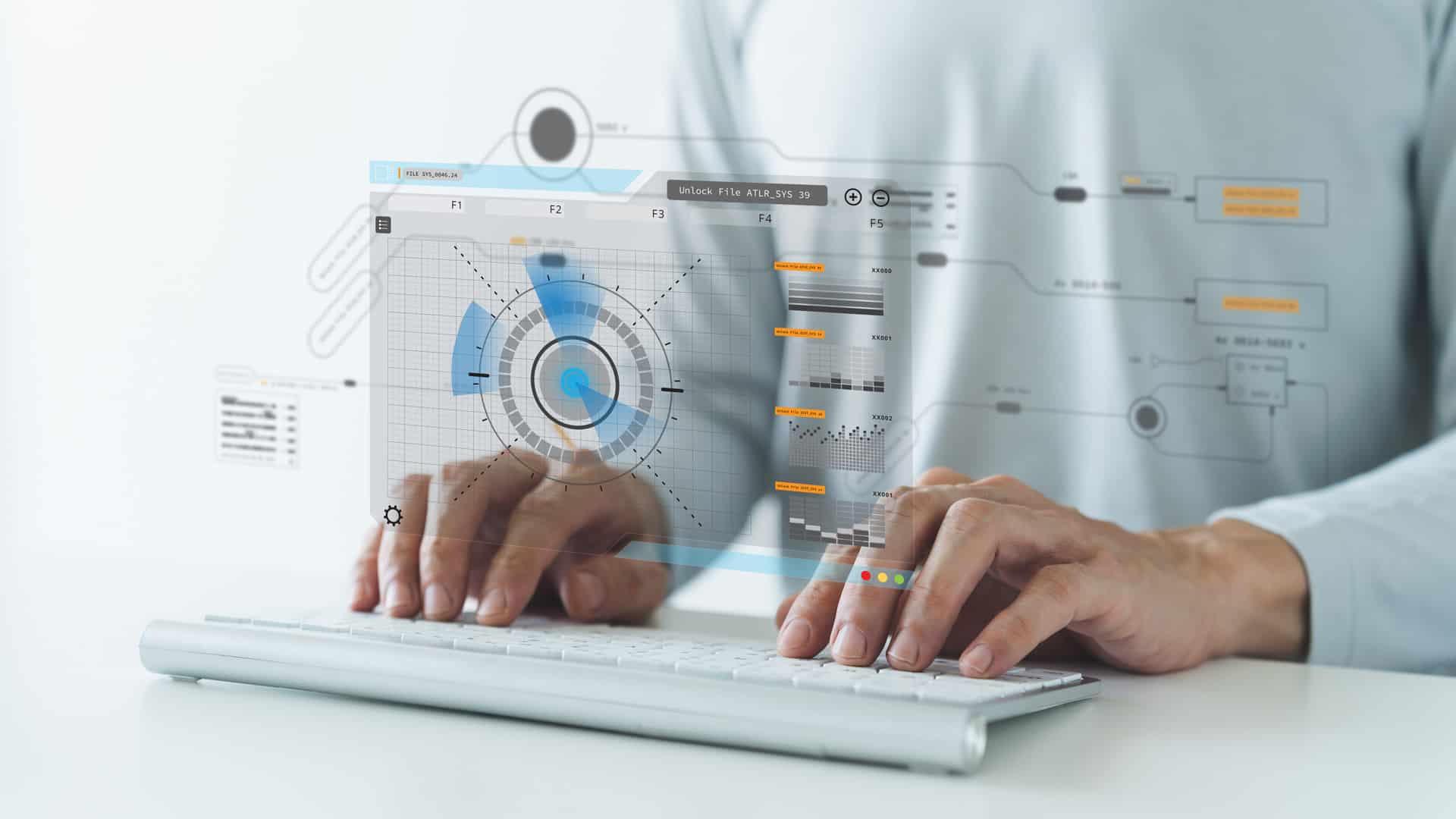Unsurprisingly, software engineers were among the first to start searching for places to improve the efficiency and accuracy of their work with Artificial Intelligence. More than a few were critical in making the technology work from the beginning.
After all, if we configure machines with the ability to learn from experience, adjust to new inputs, and perform tasks that typically require a human brain to execute, we could certainly unleash this magic to help us code faster with fewer errors.
Emerging trends suggest a shift towards more sophisticated use of AI, including machine learning algorithms for generating test cases, predictive analytics for identifying potential issues, and more
In this article, we look at software testing, an integral part of the software development lifecycle where AI is proving to be a game-changer.
AI Adoption in Software Testing
The adoption of AI into the field of software testing emerged with the introduction of automated testing tools in the late 1990s and early 2000s. These tools utilized AI algorithms primarily to automate repetitive tasks and streamline the testing process.
The real breakthrough came in the last decade with the advent of Machine Learning and advanced AI algorithms. These were increasingly used in software testing to detect and predict defects, understand their root cause, and make intelligent decisions to optimize testing efforts.
Today, the integration of AI in software testing is only further intensifying, with promising advancements in predictive analytics, natural language processing, functional testing, performance testing, and even security testing.
Software Testing That is Leaner, Faster, and Far More Accurate
If you’re looking to integrate AI into your software testing process, you can expect to realize some impactful gains with a thoughtful implementation:
- AI significantly improves speed and efficiency during the testing process.
- Reduces errors compared to manual testing.
- AI-driven testing tools can cover a vast range of scenarios and delve into depths that would otherwise be impossible.
- Enables continuous testing and delivery, facilitating a quick turnaround and faster time-to-market.
- Provides predictive analytics based on past test data, offering insights to enhance future testing strategies.
Tech giants like Google, Microsoft, and Facebook have successfully leveraged AI in their software testing processes, improving their software quality and delivery speed. The lessons from these cases have been significant, and the continuous improvements made are setting the bar higher for software testing standards.
Challenges and Limitations of AI in Software Testing
Despite its advantages, AI in software testing does have its limitations. Some of these are technical challenges, while others are ethical considerations. For instance, AI test cases may sometimes be too complex to understand and maintain. Also, the lack of transparency and accountability in AI decision-making processes raises ethical concerns.
Final Thoughts
The future looks promising for AI in software testing. Emerging trends suggest a shift towards more sophisticated use of AI, including machine learning algorithms for generating test cases, predictive analytics for identifying potential issues, and more.
Experts predict that AI will reshape software testing as we know it in the next decade, so now is a good time to jump in and get started if you haven’t already.
CM First Group Can Help
Our deep experience with legacy enterprise systems puts us in a unique position to help companies reinvent their modernization efforts with intelligent automation. We have the knowledge and real-world experience needed to implement emerging intelligent automation technology effectively and help you target and achieve the highest ROI possible.
Please feel free to contact us for more information or to schedule a demo. You can also call us at 888-866-6179 or email us at info@cmfirstgroup.com.



